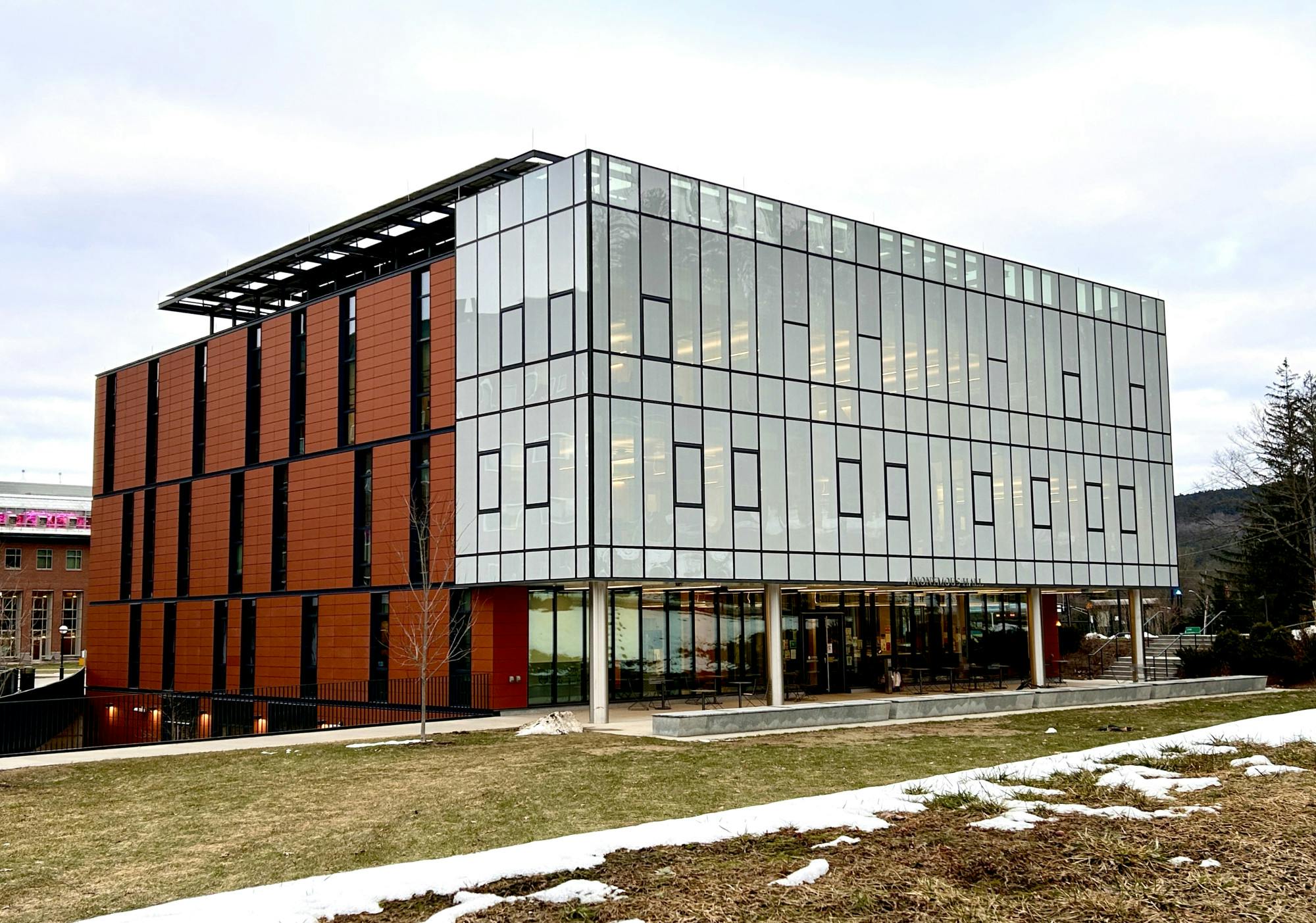The Guarini School of Graduate and Advanced Studies received a $2 million grant from the National Institute of Health to promote diversity within the biomedical research field — part of the NIH’s Initiative for Maximizing Student Development Program. Guarini will receive the grant across the next five years to support this initiative, according to a Dartmouth News press release.
According to the NIH’s website, the program seeks to “develop and implement effective, evidence-informed approaches to biomedical graduate training and mentoring that will keep pace with the rapid evolution of the biomedical research enterprise.” The NIH developed this grant almost a decade ago after noticing that the biomedical research workforce did not reflect the composition of the population, the Dartmouth News press release noted.
The application process for the grant took close to three years and was spearheaded by principal investigators, Chloe Poston, Diane Gilbert-Diamond ’98 and Magdalena Bezanilla, as well as many other faculty at Guarini. As principal investigators, they took the lead in applying for the grant and will lead its implementation.
According to Bezanilla, the grant will support graduate students in three different graduate programs at Dartmouth: quantitative biomedical sciences, molecular and cellular biology and integrative neuroscience. Starting in the fall, the grant will select four incoming students, four second-year students and four third-year students to benefit from research funding and Guarini programming.
Incoming students eligible for the grant will also participate in some onboarding activities over the summer, Bezanilla said. She also hopes that the “pedagogy” developed during this time will make molecular biology feel more approachable to the students.
“We will have a sort of boot camp that will talk about molecular biology, statistics and programming languages,” Benzanilla noted. “Then they’ll actually have the opportunity to spend three weeks in a lab that they might be interested in joining for their PhD.”
Gilbert-Diamond said she thinks that this grant will allow Guarini to better support students from underrepresented groups, whether that be in terms of race, ethnicity, socioeconomic status or disability status.
Bezanilla said that she believes that having an Initiative for Maximizing Student Development Program will help draw prospective students to Dartmouth.
“I think that getting the support from the NIH puts us on the map for students across the country to say ‘this is a bonafide, nationally supported program,’” Bezanilla said. “Now we have the stamp of approval from the National Institute of Health.”
Gilbert-Diamond said that the grant will not only offer financial support for its recipients, but also foster a more supportive learning environment through community-building activities and mentorship from professors. According to Benzanilla, Guarini will hold professional development workshops, seminars on different professions within the biomedical field and research dinners with faculty.
“One of the major goals of the grant is to provide a sense of belonging,” Bezanilla said.
All students in the biomedical science graduate programs will also benefit from these initiatives, which are made possible through the IMSD grant.
“While we are focusing on students from underrepresented groups in the program, the programming that we create and the systems that we improve here will have spillover effects for a broader range of students,” Gilbert-Diamond said.

My name is Emily Salzhauer and I'm a 27 from New York City. I love cooking, reading, and playing with my 2 dogs, Leah and Lenny.




